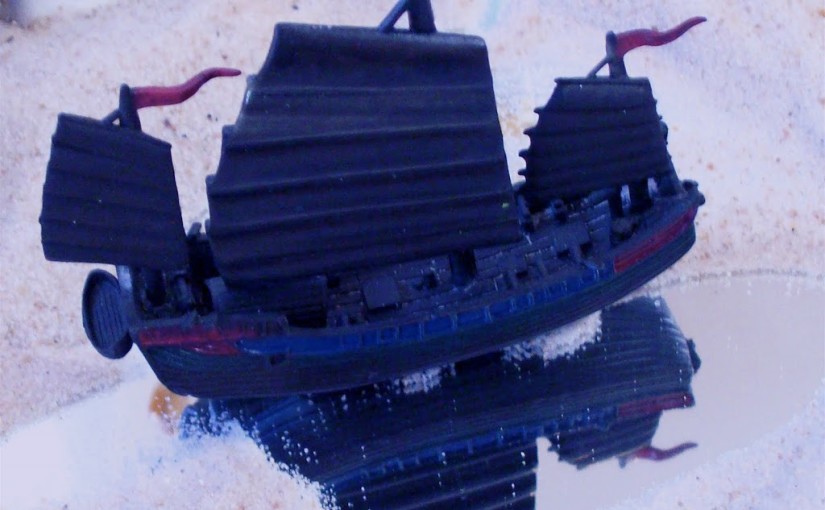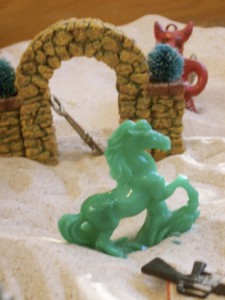
Meeting in the Sublime and Haunted Territory/
The Necessary Contempt of and Desire For Mutuality
Often capable adults who take courage through their competence are regressed when caught in issues of dependency needs. Consider what happens when formerly competent adults lose their ability to bolster their sense of worth, when their standard self soothing repertoire fails, when all the familiar self consolidating actions to justify their identify as autonomous/self sufficient adults ring false.
This agreement to primarily depend on one other person evokes primary needs and wants. These needs are further intensified by the corresponding agreement to respond to the primary needs and wants of another adult forevermore . Although we have taken this standard as the probable outcome of most adults it is helpful to consider these expectations.
To sustain a satisfying life-long commitment to one other individual. To trust one self with all the sufficiency’s and in-sufficencies that one must admit to and to bear. To trust another with their own complicated rendering of self. To establish ,maintain and develop enough self connection. To establish maintain and develop the relational connection. And finally to manage this , through all the kindness and meanness that life’s circumstance offers. This is apparently extremely challenging for those adults that were sufficiently loved. The many individuals that were not sufficiently loved, who have relied on useful and harmful adaptations in response to their earliest disappointments, can be rendered helpless by the needs and wants which arise between the couple.
This helplessness can be a gift from the un-gods; to be brought to ones knees and have someone help us up, or to lovingly help our beloved, is the dream much of us want to believe. This possibility of responsive acceptance offers us redemption. But often this experience of helplessness evokes terror. Particularly if our time of early need was one of great trial. This helplessness , the helplessness of the self, of the chosen one, or the experience of helplessness within a couple can be experienced as a potential mortal blow over and over. The existential question, “Can I be or can we be?”, is dragged up from a deep cellar and must be responded too.
In my work with couples I make a commitment over and over to be friend their helplessness and when I am also lost to be friend my own. This is the entry point into the sealed of parts of the self. I find this carries the potential for the deepest change.

